10 Shades of Otaku

Otaku, often written in katakana (オタク), is a Japanese term used to define people with obsessive interests. Originally seen as a negative fashion, people are recently using it to describe fans of a specific hobby or form of entertainment. So, the number of otaku categories have multiplied! We've got the 10 you're sure to hear.
By Diletta Fabiani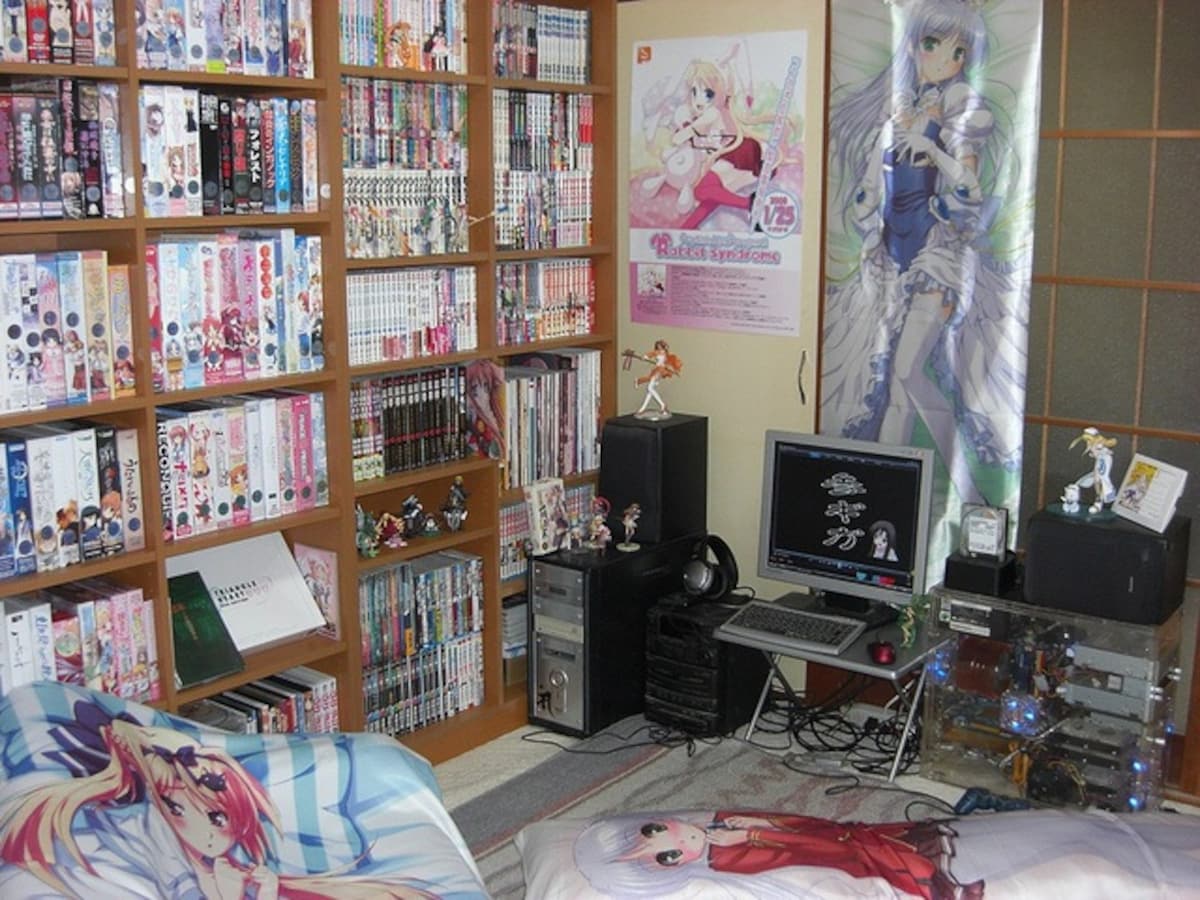
https://www.flickr.com/photos/dannychoo/6645979299
As mentioned earlier, the Japanese word otaku has been used to define people with obsessive interests. In the beginning, the term had a negative connotation. Its origins are debated, but many agree that it was used for the first time in 1983 in an essay by Akio Nakamori to define unpleasant fans. What sealed the negative image was the 1989 case of Tsutomu Miyazaki, dubbed by the press as "The Otaku Murderer." Miyazaki, who killed four young girls, had a large collection of 5,736 videotapes, which included many anime films. For this reason, media outlets at the time associated him with otaku.
However, in recent years the term seems closer to the English words "geek" or "nerd," and people often use it to just point out fans of a certain hobby or form of entertainment. Basically, you could be an otaku for anything you have an insane passion for; however, there are some commonly recognized and widely diffused otaku categories. Let's take a look at some of them.
1. Manga & Anime Otaku

https://commons.wikimedia.org/wiki/File:Bookshelves_with_manga_in_Tokio.jpg
The word otaku immediately evokes in one’s mind images of manga and anime. Manga/anime otaku are not mere occasional readers. They are obsessed with manga and/or anime. They will be up-to-date on industry news and new publications and will thoroughly know these artistic works. Manga otaku tend to need a lot of space to store their manga collection and it’s not rare to see collections going beyond 1,000 volumes.
This type of otaku can have both a neutral or negative image. Much depends on what type of anime or manga the otaku likes. People who read across many genres are usually just seen as passionate about this form of entertainment; on the other hand, guys who like manga/anime with lots of sexualized girl characters or eroguro (a portmanteau of erotic and grotesque) manga/anime, girls liking explicit Boy's Love (BL) manga/anime (see fujoshi below) etc. might be considered as simple "perverts" and thus seen in a bad light.
Some other categories of otaku might also end up in the manga/anime otaku realm. For example, it will be easy to find manga about your passion if you’re a gunji ota or rekijo (see below), and if you love anime you might end up collecting anime figurines, becoming a figurine otaku.
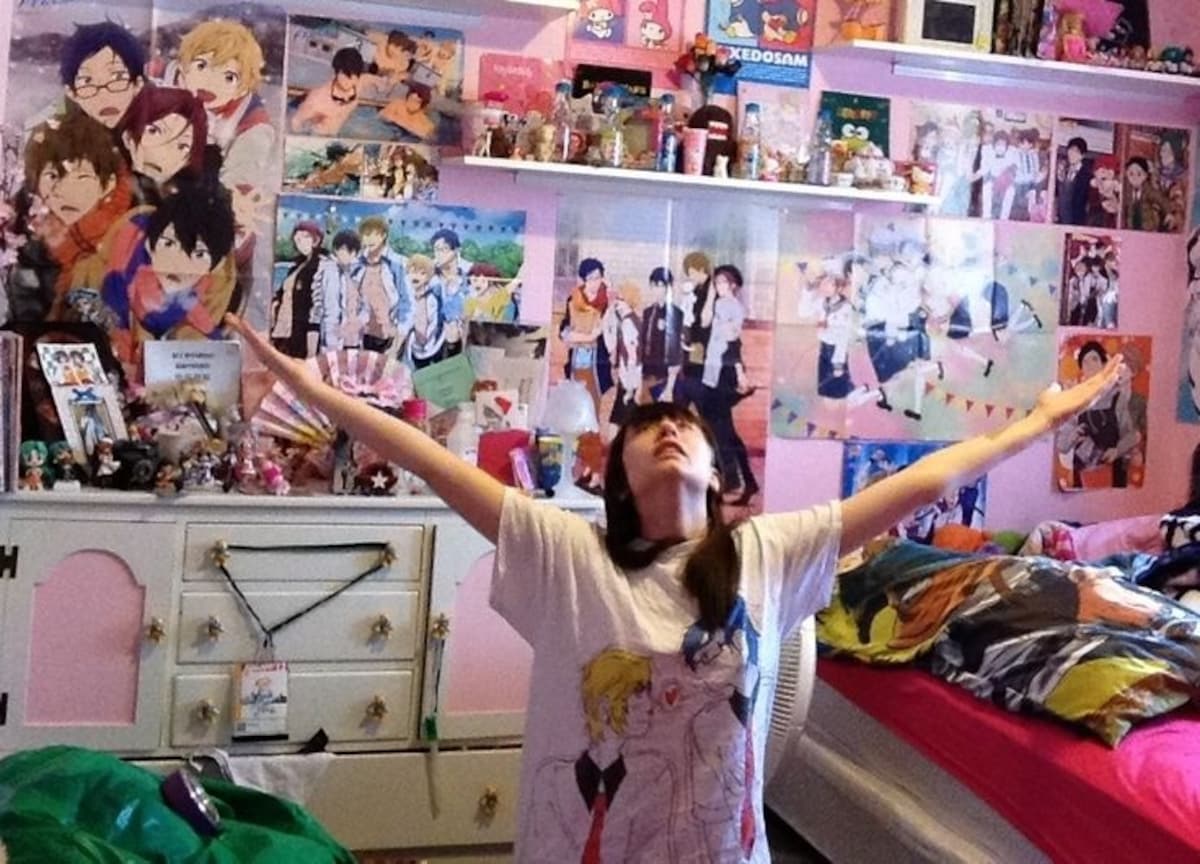
https://commons.wikimedia.org/wiki/File:Fan_Anime_i_Mangi..jpg
Another subgenre of anime/manga otaku is fujoshi. As already discussed in our article dedicated to homoerotic manga, a fujoshi (腐女子) is a female fan of boys’ love manga, and the term literally means "rotten woman." This is a kanji pun where the first character in the word fujoshi (婦女子), an existing term indicating women, is changed to a homophonic equivalent (腐) meaning "to rot." At first, it was used by the media, but it was reclaimed by fans themselves. It indicates fans of BL who often also like to imagine homosexual relationships between male characters in heterosexual works of art. Fujoshi are thus similar to regular manga/anime otaku, but they only focus on BL works.
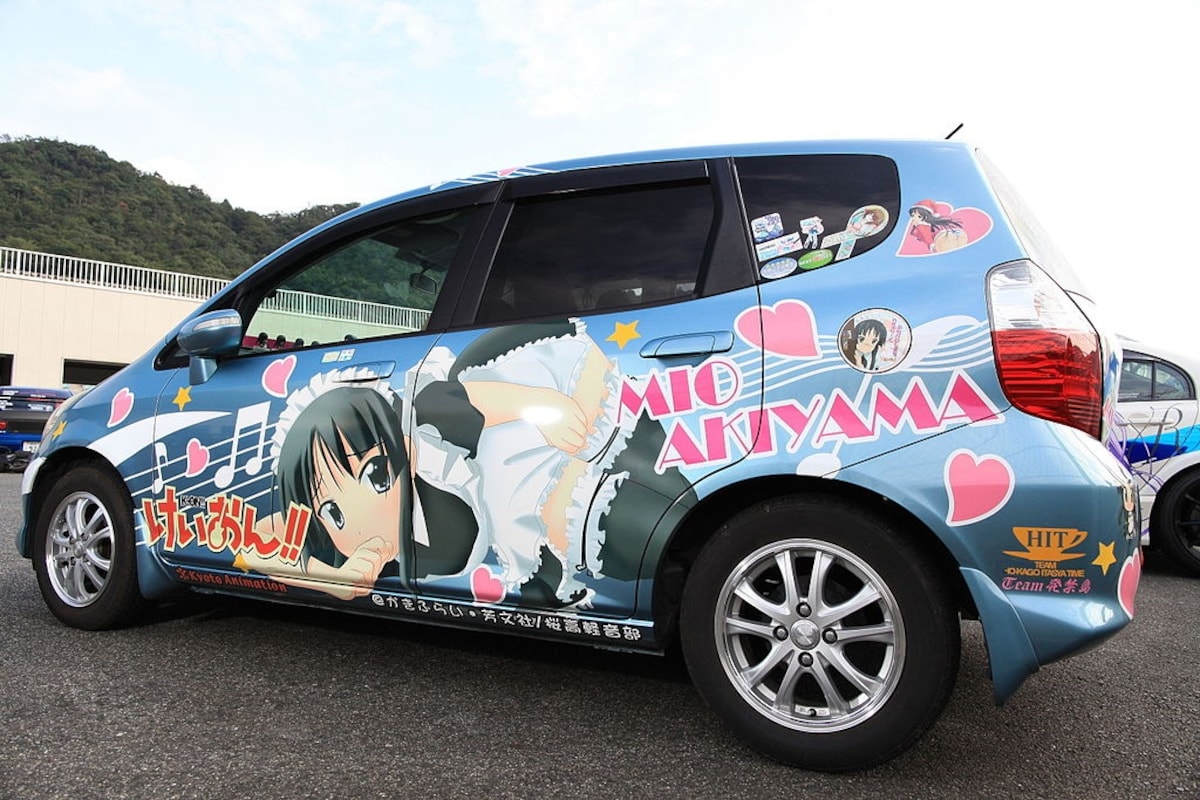
https://commons.wikimedia.org/wiki/File:Mio_Akiyama_from_K-On!_itasha_20130914c.jpg
Finally, some anime/manga otaku might also get involved in the itasha subculture, where drivers decorate their cars (and also other vehicles like motorbikes and bicycles) with depictions of fictional characters from anime, manga or video games.
2. Video Game Otaku
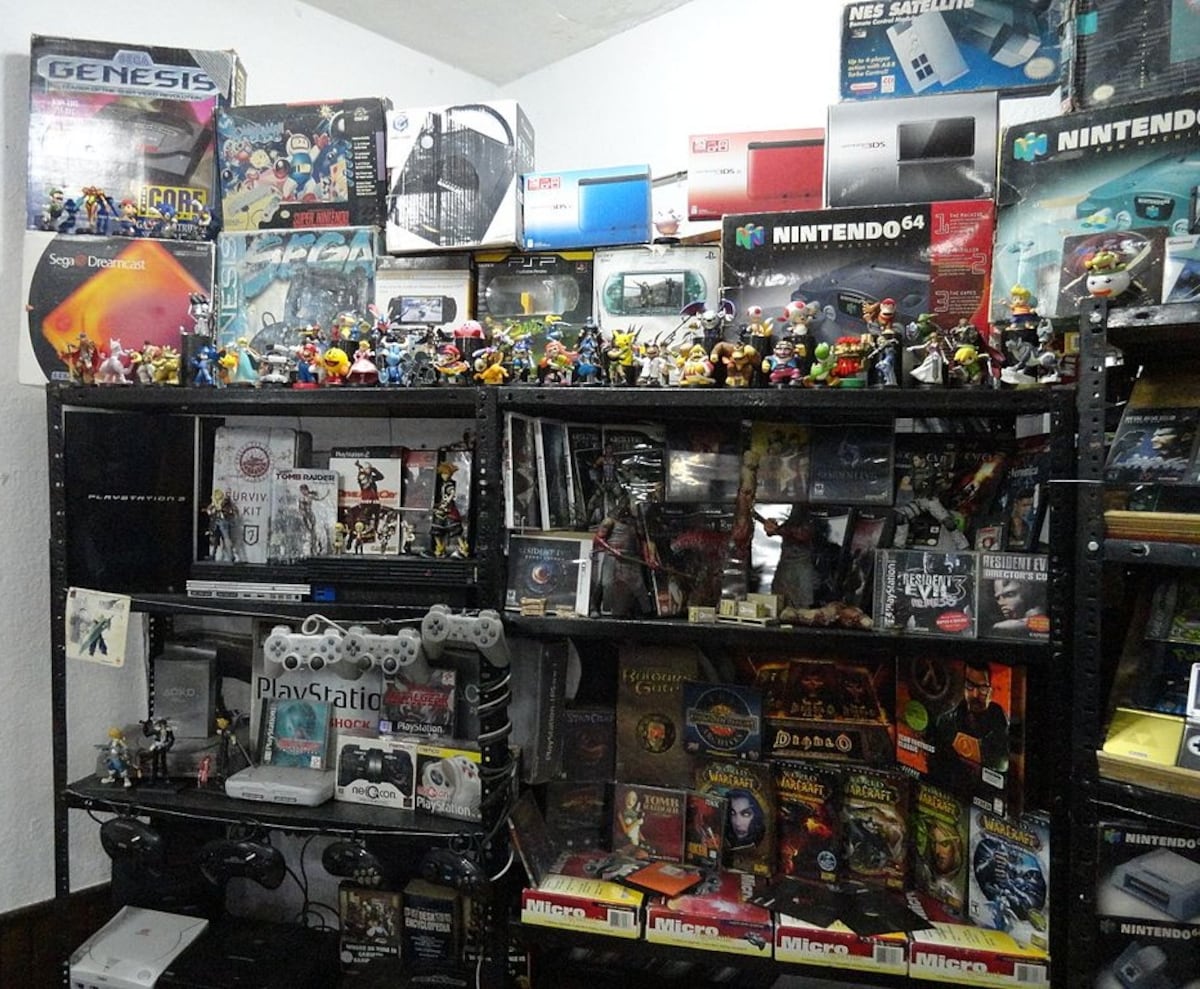
https://commons.wikimedia.org/wiki/File:Juegarte_2016_-_Colecci%C3%B3n_4.jpg
Video game otaku are the manga/anime otaku counterpart of the gaming realm. We're not talking about the occasional gamer, but someone who lives and breathes video games, owns multiple consoles or worships one brand, religiously following the new releases, playing lots and lots of games. Video game otaku are not limited to one kind of platform: smartphone game otaku and handheld/portable game console otaku are also common. Some video game otaku may have more online friends than real-life friends, and this might lead to the idea that video game otaku tend to be loners.
3. Cosplay Otaku
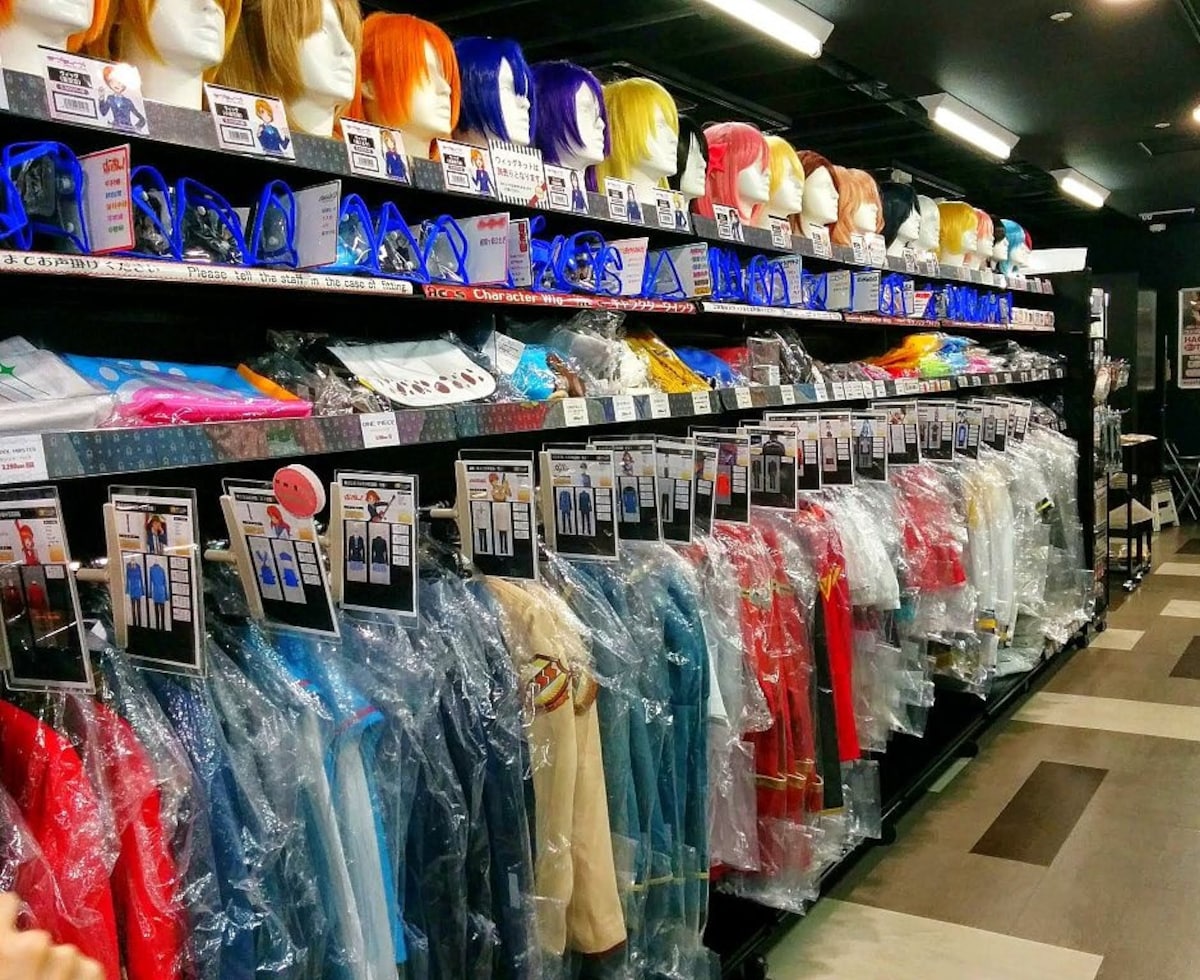
https://commons.wikimedia.org/wiki/File:Akihabara_in_Tokio_-_008.jpg
Cosplay otaku will probably have knowledge of all the three categories above, but their true interest lies in cosplay and cosplayers. They will not miss any cosplay conventions and they might be found taking lots of pictures and admiring the cosplayers, or attending conventions as cosplayers themselves, often creating their own costumes, accessories and wigs.
4. Seiyu Otaku
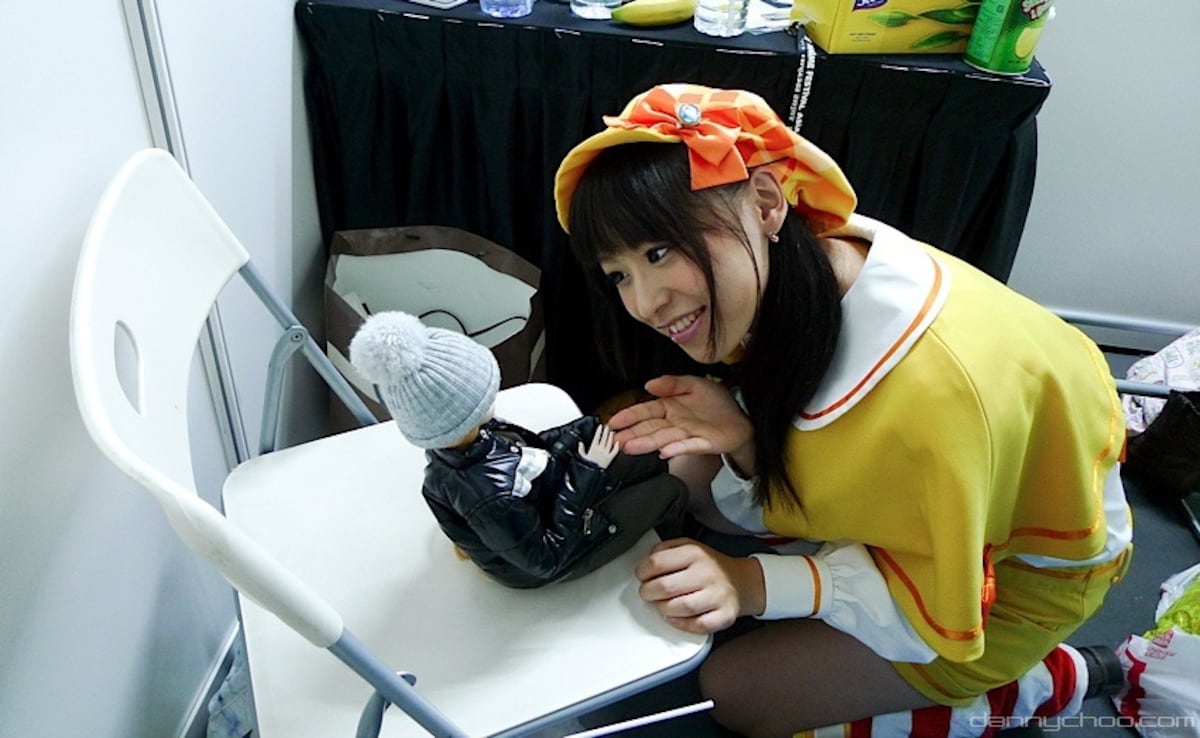
https://commons.wikimedia.org/wiki/File:Anime_Seiyuu_(5189111284).jpg
Seiyu otaku focus on voice actors, as the term (seiyu means voice actor) suggests. These otaku can be men or women, even though they often tend to focus on seiyu of the opposite sex. Anime otaku might sometimes become seiyu otaku if they really admire a specific voice actor/actress, and vice versa. Seiyu often record song collections or drama CDs related to anime series; therefore, seiyu otaku will be great collectors of those. They also like to attend events where they can meet seiyu, like anime conventions or CD release events.
5. Wota (ヲタ)
https://www.youtube.com/watch?v=IIMd5RZLUJU
Wota (ヲタ) can be used for both female and males and indicates otaku obsessed with pop idols (usually of the opposite gender). Wota even have their own specific vocabulary! They can be found at concerts or events, such as handshake meetings, and they collect CDs, magazines and anything else featuring their favorite idols. In particular, wota of female idol groups are famous for their coordinated dances performed during the live performances, called wotagei (ヲタ芸, in which the kanji 芸, gei, means art or performance )
6. Figure Otaku
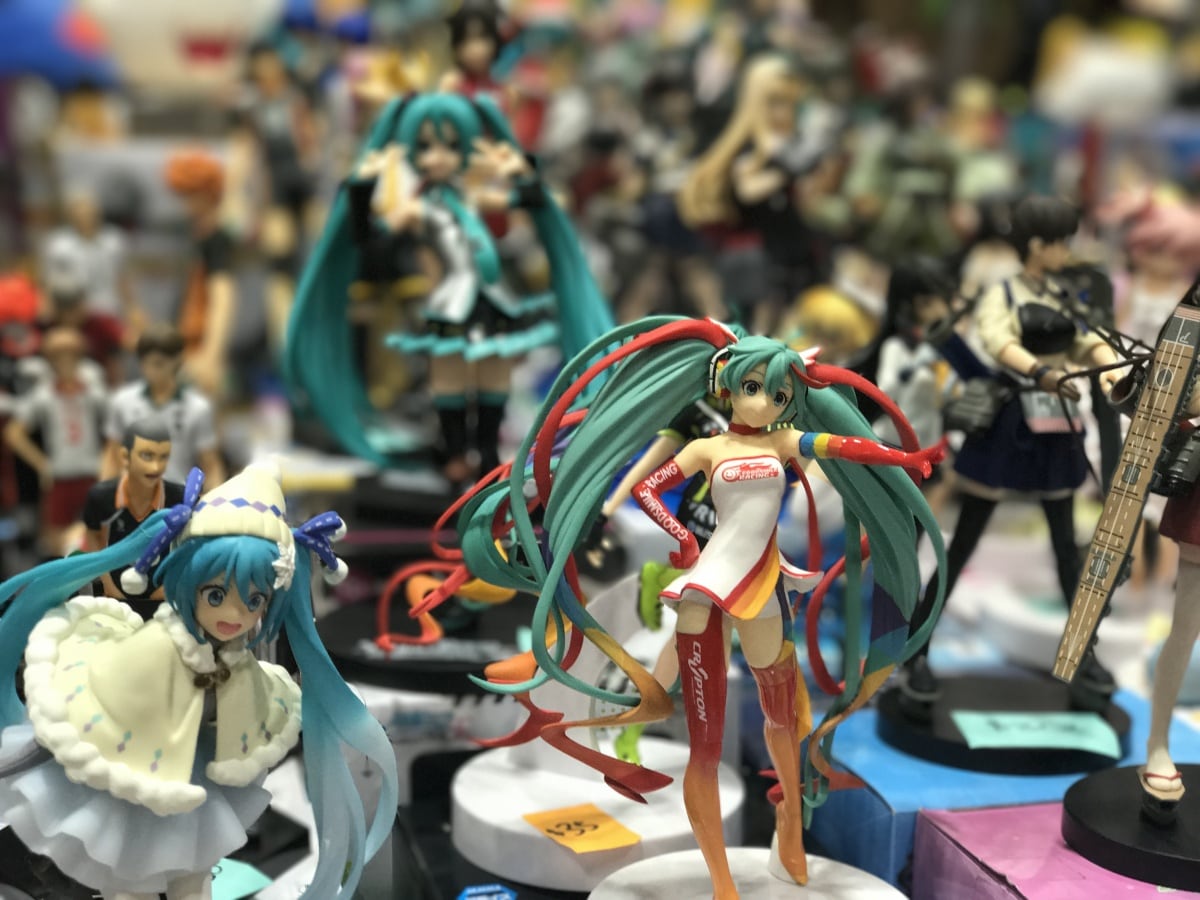
https://www.pexels.com/photo/japanese-toys-396790/
Sometimes calledfigure moezoku (フィギュア萌え族), figurine otaku often overlap with video game or anime/manga otaku, as many figurines are created to represent characters of these artistic works. However, figurine otaku focus mostly on collecting figurines to be displayed in dedicated showcases, taking great care of them. Figurine otaku might also like to create and/or paint their own figurines, as there are also kits designed for this kind of activity.
7. Densha (Train) Otaku

https://incubator.wikimedia.org/wiki/User:%EC%BD%A9%EA%B0%80%EB%A3%A8/%EC%9E%91%EC%97%85%EC%9E%A5_3#/media/File:JRE-E231-500-for-JRyamanote-line.jpg
Japan is a train country with extensive railways connecting even the most rural regions. Given how many people rely on public transportation in Tokyo or Osaka, trains are also often used to advertise products or characters. It comes as no surprise that some people would develop a passion for this means of transportation. Densha otaku, sometimes also called tetsudou (鉄道, railway) otaku will be your best source to know if any uniquely decorated trains are running the tracks and at which specific times!
8. Rekijo

https://pixabay.com/en/osaka-osaka-castle-japan-tourism-2032438/
Rekijo are female history buffs (from 歴史,rekishi, meaning "history," and 女子, joshi, meaning "girl"). While the term has also come to encompass girls who just like history, the otaku connotation is still in place. In particular, rekijo focus their interest on pre-industrial Japanese history, as the period is seen as an era of adventure; however, Professor Tetsuo Owada suggests many rekijo admire ancient warlords' approach to life.
Rekijo will often use vocabulary and mannerisms of their preferred era in social meetings, and they might also take part in events where they can wear period costumes. They also like to visit sites and lectures connected to historical events, read history books, and are often avid consumers of manga, anime and video games with a historical setup. Another entertainment form rekijo tend to enjoy is taiga drama, a term which indicates annual, year-long historical drama series sponsored by Japan’s public broadcasting organization, NHK.
One of the most famous rekijo out there is Anne, daughter of actor Ken Watanabe, who often talks and writes about history.
9. Gunji Ota
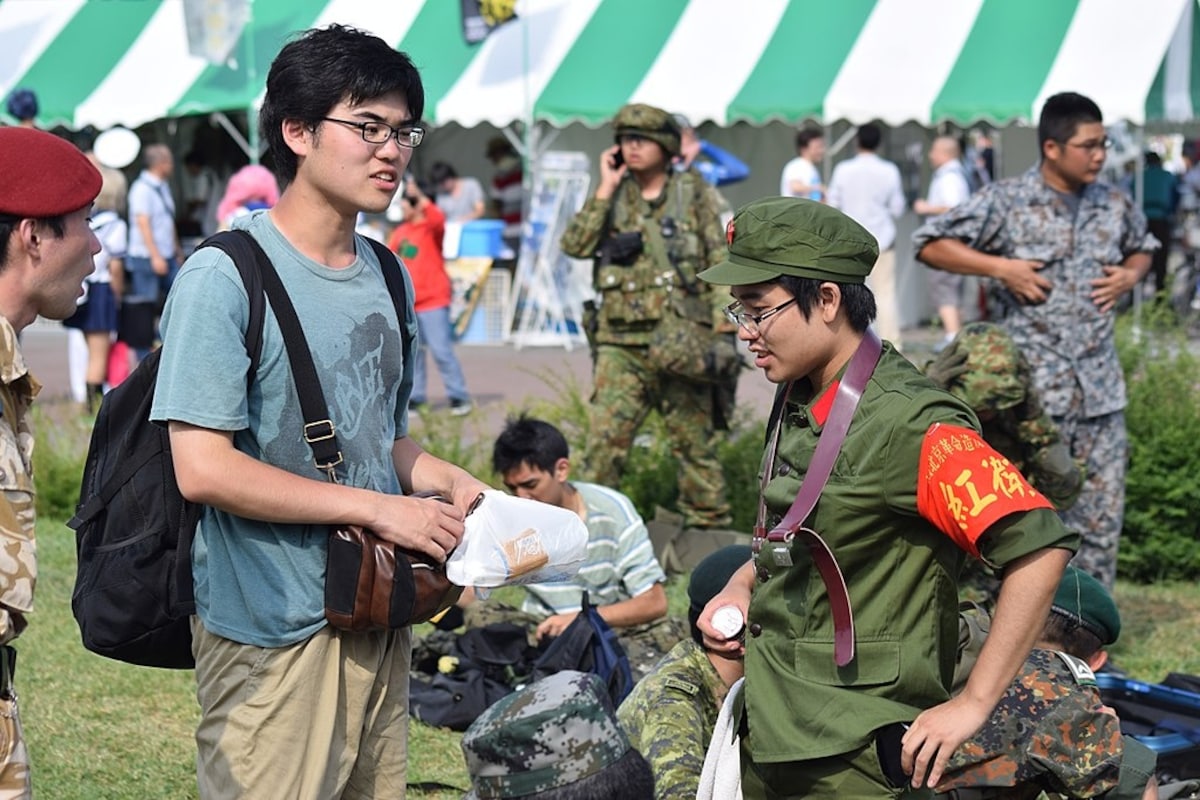
https://commons.wikimedia.org/wiki/File:Military_cosplay_(29614479496).jpg
Gunji otaku are somewhat close to rekijo, as 軍事 gunji means "military." This type of otaku is obsessed with anything military, from uniforms to memorabilia, and also enjoys manga/anime and video games with a military theme.
10. Meido Ota
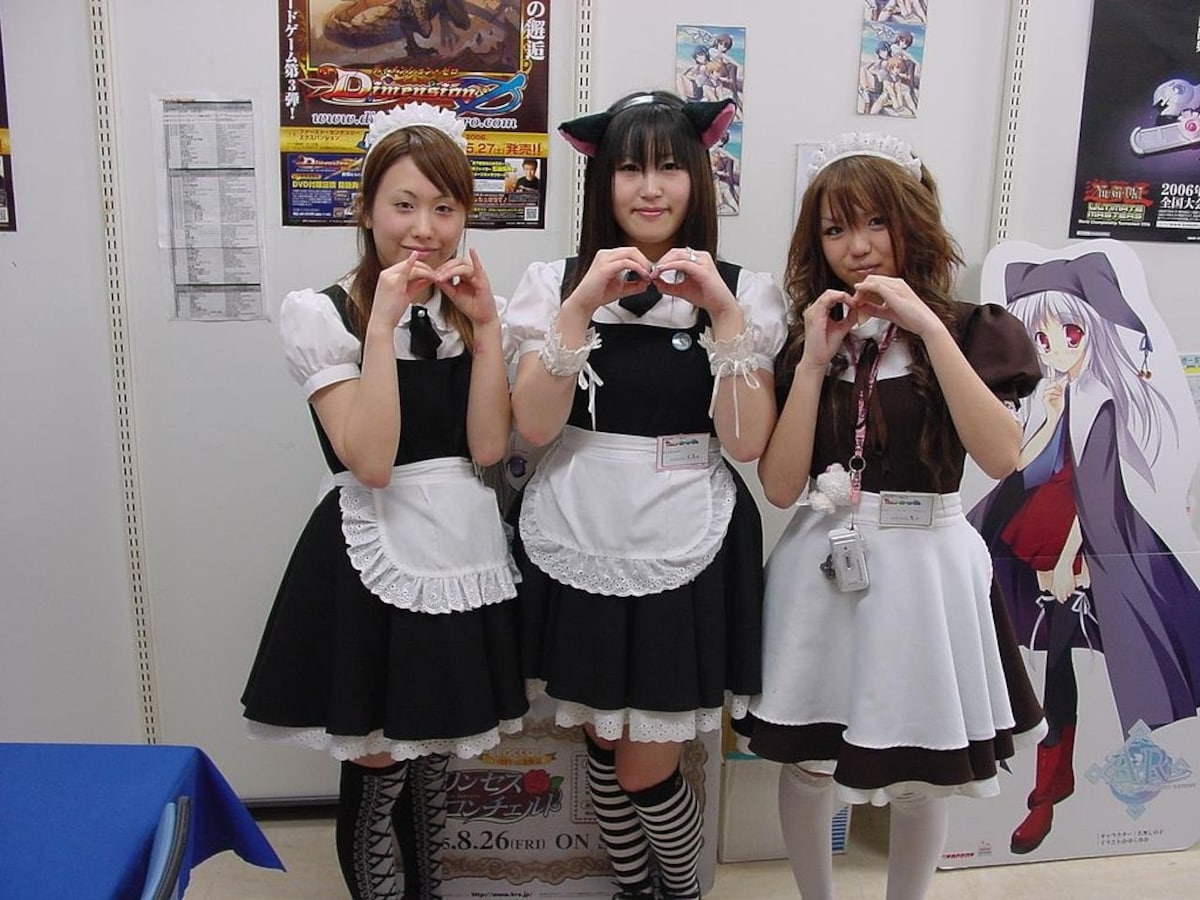
https://commons.wikimedia.org/wiki/File:Three_japanese_maids.jpg
Meido otaku can often be found in Akihabara, as their main obsession is anything maid-related, including maid cafés and manga/anime/games/bands featuring maid-like characters.
Etc.: Pasocon Ota, Rock Otaku, Movie Otaku, Robot Otaku ...
As we mentioned above, anyone with a deep and specific passion on a particular subject could be considered an otaku in that field. Other common terms you can spot on the internet are pasocon ota (people who love computers and making their own PCs), rock otaku (people who regularly attend rock concerts and festivals), movie otaku and robot otaku, but there are many more!



